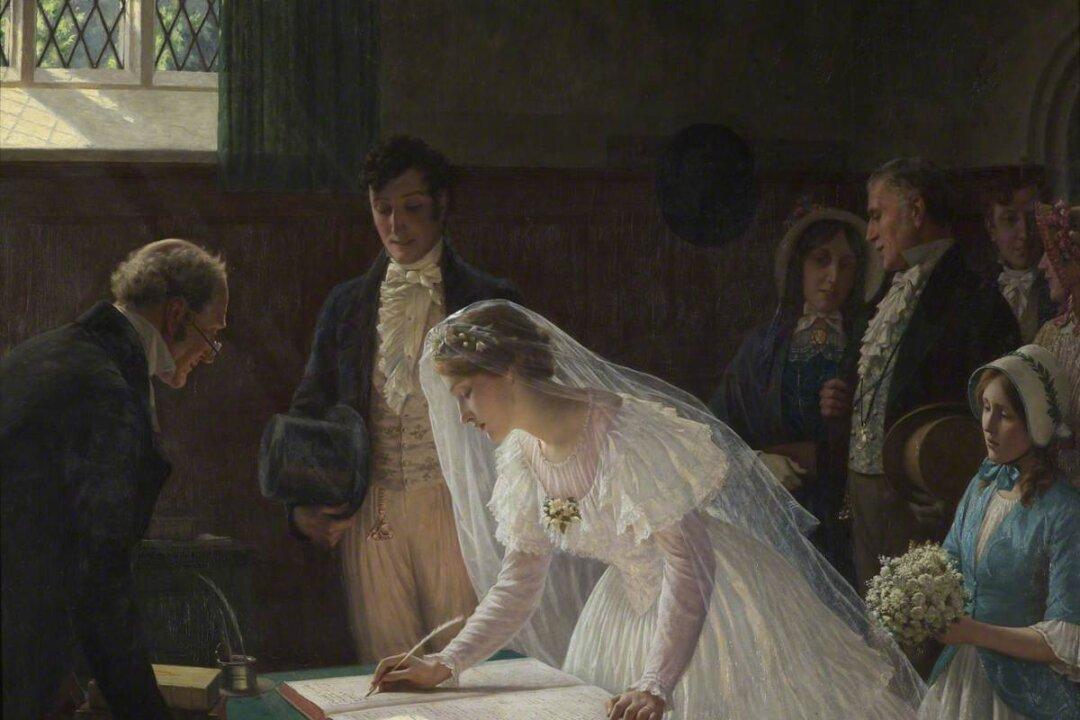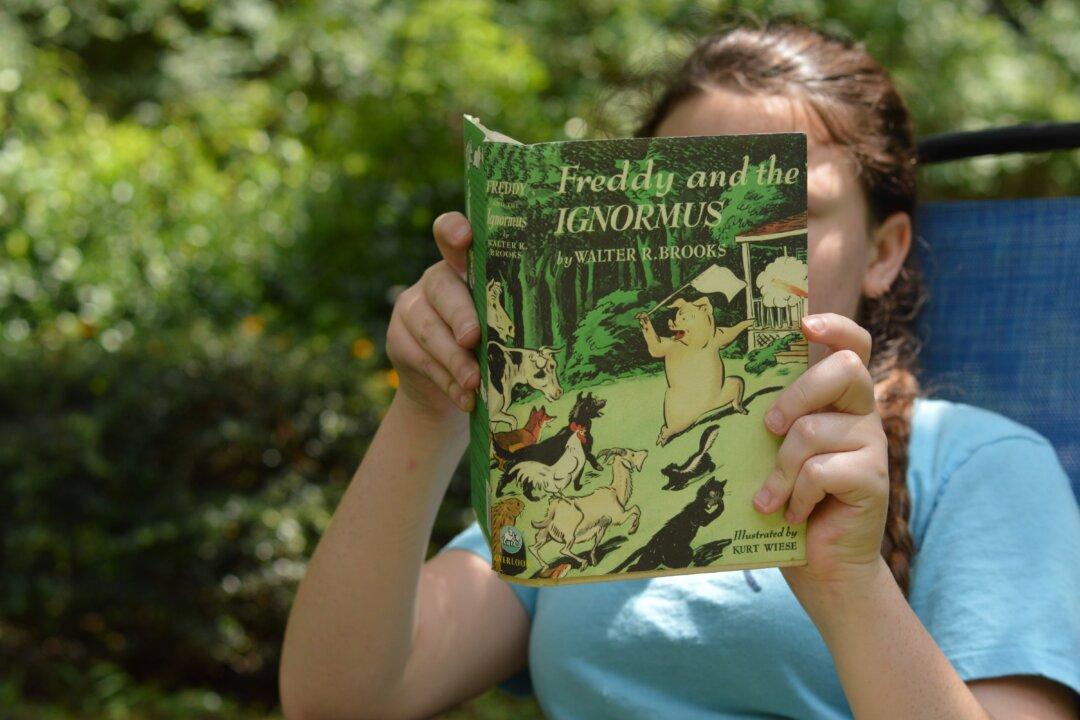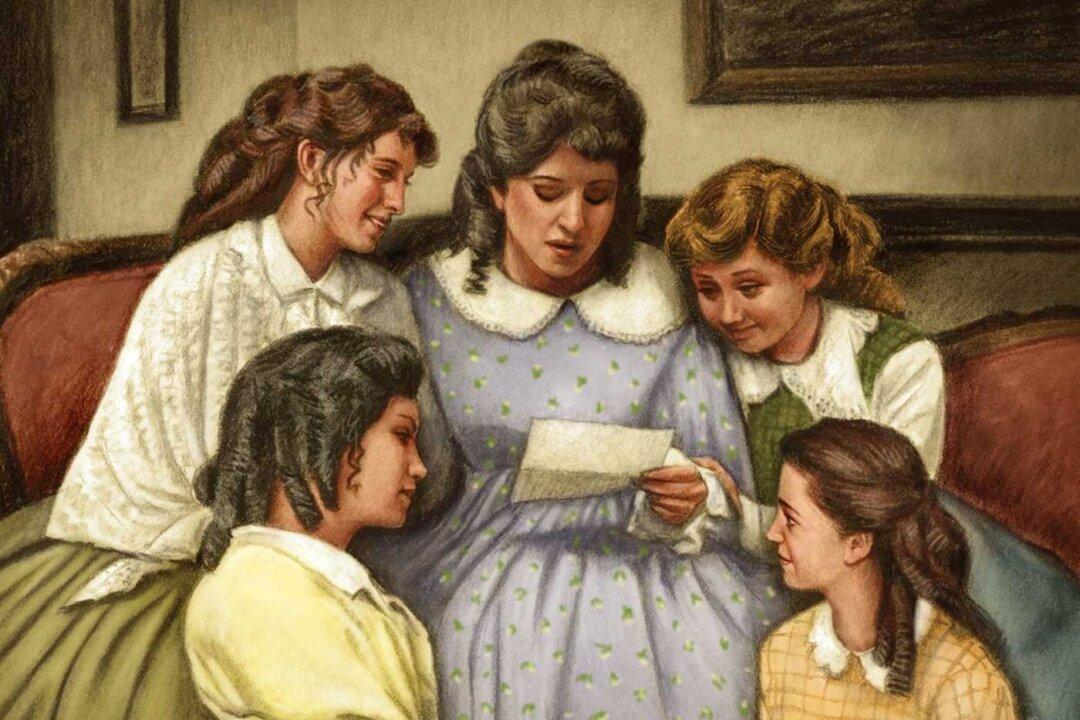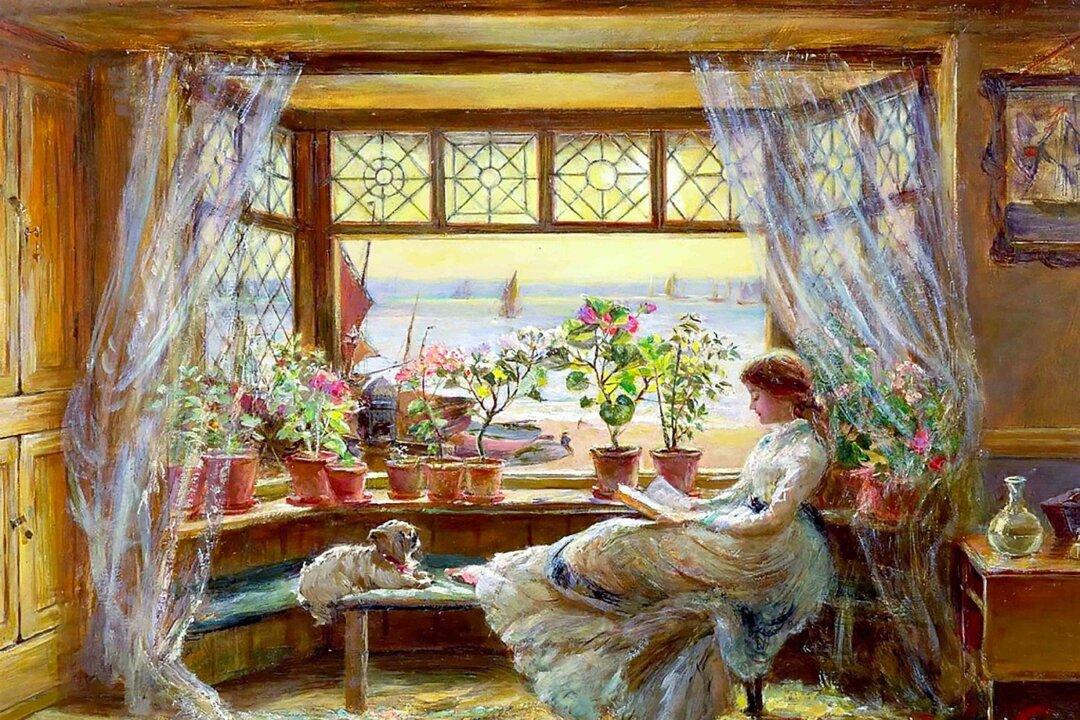Finding a spouse has long been among the most commonplace activities and yet, at the same time, shrouded in mystery. “How did you two meet?” is a question often asked of couples. “How did they end up together?!” is one we may have wondered about others.
Achieving marital happiness has almost become an industry. It is not surprising that it is the central concern in Jane Austen’s pinnacle work, “Pride and Prejudice.”





